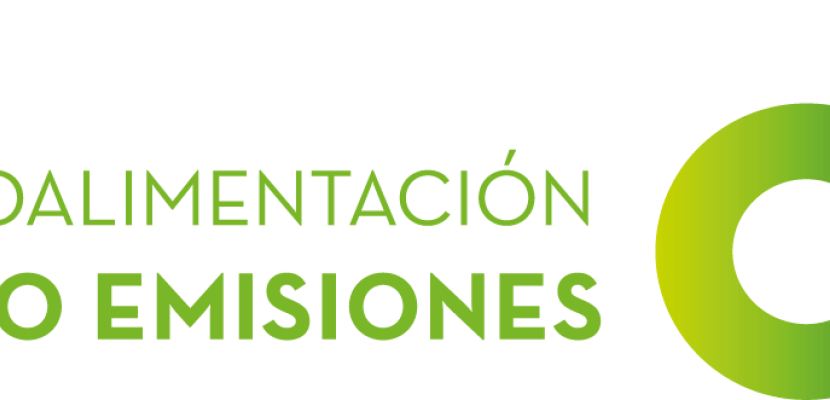
Agri-food Zero Emissions Consortium

About this good practice
Further to studying its major societal challenges, the reduction of emissions and greenhouse gases was identified by the Principality of Asturias as one of the key ones to be addressed.
In this context, the main agents of the R+D+I System of the region came together as a consortium with the aim to reduce emissions and make use of the waste generated along the agri-food and forestry value chain.
To reach this objective, the consortium established the following goals:
- Create a collaborative and open environment to target research and innovation
towards social needs and challenges.
- Contribute to aligning regional R+D+I with European and national priorities: Green
Deal and Farm2Fork, Biodiversity Strategy and Circular Economy Strategy.
- Connect with other excellent research institutions and cutting-edge companies in
Europe to share and increase the knowledge.
- Create a strategic R+D+I Agenda for the Reduction of Emissions and Reuse of the
Agri-food and Forestry Waste.
The structure of the project was the following:
- New research lines: aligned with the Asturias Smart Specialisation Strategy (S3)
- Pilot actions: developed based on the research lines detected.
- Living-labs: share the knowledge with the main stakeholders and the general public.
The main stakeholders and beneficiaries of the practice are companies from the agri-food and forestry sector. The general public is also of key importance towards Living-labs.
Resources needed
Staff costs: aprox. 125.000 euros/year (around 20.000 euros for coordination / + involvement of between 30-40 people from the stakeholders)
Other resources: aprox. 50.000 euros/year:
- Technological services
- Technical assistance
- Equipment and instruments
- Communication
Evidence of success
The results generated by the Agri-food Zero Emissions Scientific Mission/Consortium are the following:
- Identification of 3 key areas to work on and of 4 specific challenges of the region associated with them.
- Creation of a strategic R+D+I Agenda for the Reduction of Emissions and Reuse of the Agri-food and Forestry Waste.
- Participation in 5 research projects related to the revalorisation of waste from the agri-food and forestry sector.
Potential for learning or transfer
Some aspects that we find noteworthy and could be transferred to other regions are:
- Methodology to establish a regional R+D+I agenda to identify and set the areas and specific challenges that must be met. In this case, based on the regional needs analysis, the 3 key areas identified were: “Reduction of external inputs”; “Agroforestry systems that contribute to climate change mitigation”; “Enhancing ecosystem services from primary and forest production”; and the specific challenges: “Use of by-products from the agri-food value chain for the improvement of livestock and agricultural production”; “Use of residual forest biomass and other agroforestry residues”; “Resilient agroforestry systems for climate change mitigation”; and “Development of new agricultural patterns”
- Creation and animation activities of regional consortium with the main actors in each of the scientific branches.
- The identification of financial support from the regional authority towards the set-up of the Mission
Further information
Documents
Website
Good practice owner
You can contact the good practice owner below for more detailed information.